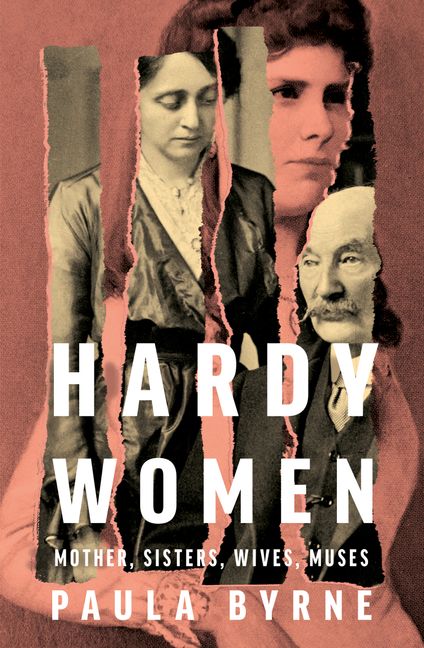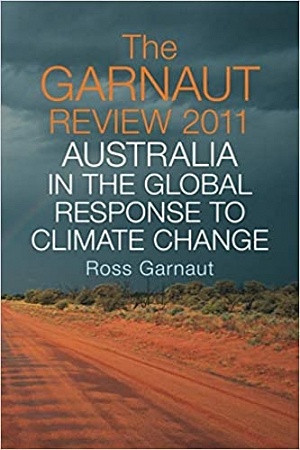Warts and all
Well-informed debate on national security, never more important than now, depends on reliable accounts of historical episodes, ones not distorted by latter-day political or diplomatic sensitivities. For more than a century, Australians have benefited from a tradition of official histories of the nation’s involvement in conflicts and peacekeeping operations, for which governments of all persuasions have given independent historians access to all relevant official records, publishing their works without political or diplomatic censorship.
Since C.E.W. Bean was commissioned to create the twelve-volume official history of Australia’s involvement in World War I (1920–42) Australians have generally accepted that official historians present as full and fair an account as possible, without being obliged to a follow a partisan or governmental line. For their part, governments have usually accepted that independent ‘warts and all’ accounts are not only more credible but also more useful than those constrained by an official line.
Two recent episodes have called this tradition into question. Publication of an official history of Australian operations in the East Timor crisis of 1999, Born of Fire and Ash, was delayed for three years by the clearance process conducted by government agencies, principally the Department of Foreign Affairs and Trade (DFAT). When the volume was finally published in late 2022, those agencies pointedly declined to give it an official launch or to promote it in the way that governments had previous official history volumes. Secondly, after decades of clothing its signals intelligence (sigint) activities in secrecy, the Australian Signals Directorate (ASD) has been the subject of the almost simultaneous publication of both a volume of ‘official history’ and another which pointedly declares itself an ‘unofficial history’.
Continue reading for only $10 per month. Subscribe and gain full access to Australian Book Review. Already a subscriber? Sign in. If you need assistance, feel free to contact us.









Leave a comment
If you are an ABR subscriber, you will need to sign in to post a comment.
If you have forgotten your sign in details, or if you receive an error message when trying to submit your comment, please email your comment (and the name of the article to which it relates) to ABR Comments. We will review your comment and, subject to approval, we will post it under your name.
Please note that all comments must be approved by ABR and comply with our Terms & Conditions.